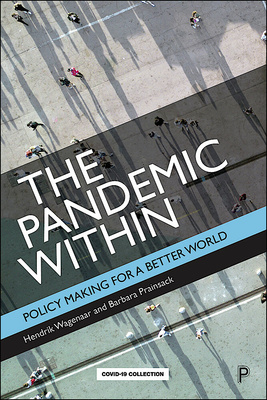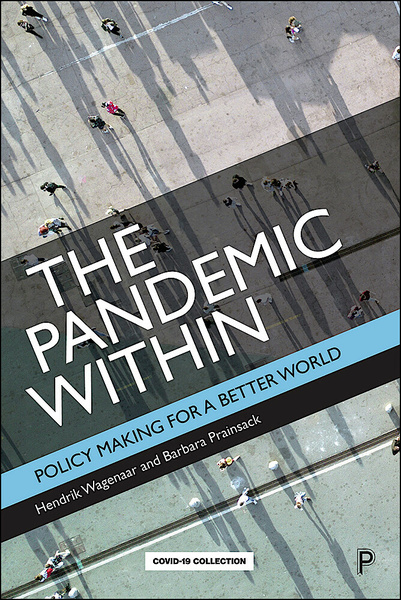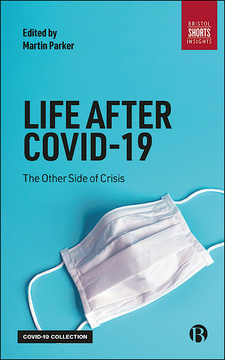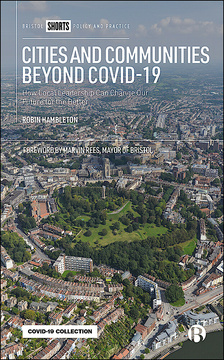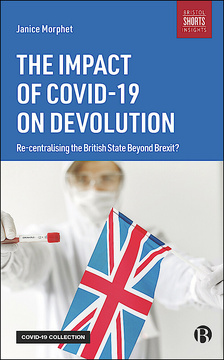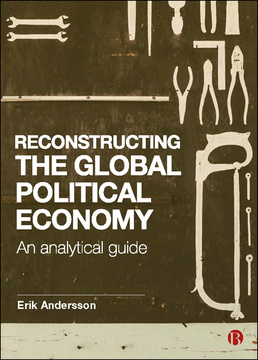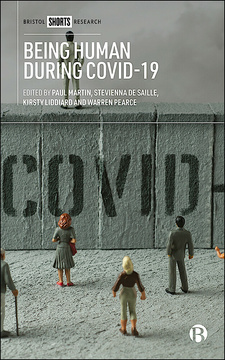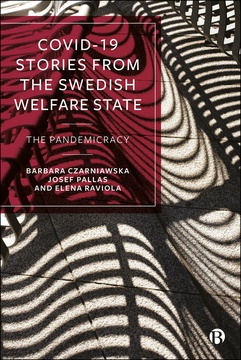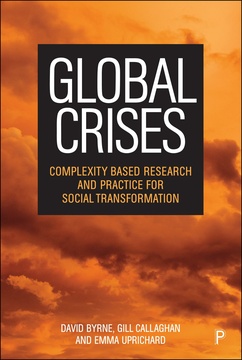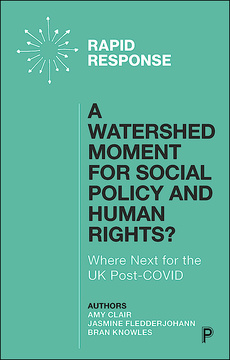Published
Aug 25, 2021Page count
180 pagesISBN
978-1447362234Dimensions
234 x 156 mmImprint
Policy PressPublished
Aug 25, 2021Page count
180 pagesISBN
978-1447362227Dimensions
234 x 156 mmImprint
Policy PressPublished
Aug 25, 2021Page count
180 pagesISBN
978-1447362241Dimensions
234 x 156 mmImprint
Policy PressPublished
Aug 25, 2021Page count
180 pagesISBN
978-1447362241Dimensions
234 x 156 mmImprint
Policy Press
In the Media:
On our blog: 'The pandemic within: Shifting values and practices in a post-pandemic world'
COVID-19 has exposed defects in our current political–economic order: extreme wealth inequality, an ideology-driven government, a greedy corporate sector, a precarious labour force and a looming climate catastrophe.
This accessible book offers a unique blend of moral imagination and social–political analysis to overcome these defects. It focuses on two characteristics of contemporary societies – hegemony and complexity – that have inhibited our ability to imagine, and take seriously, better practices and institutions.
Considering housing, work, governance, finance, climate change and more, this book presents feasible and pragmatic solutions which are informed by a comprehensive vision of a flourishing, sustainable and richly democratic society.
"This book offers a thoughtful, original and timely take on current environmental threats, focusing on the importance of solidarity and care, tending to our collective habitat rather than controlling it." Gísli Pálsson, Stefansson Arctic Institute, Iceland
Hendrik Wagenaar is Senior Academic Advisor at the International School for Government at King’s College London, Fellow at the Institute for Advanced Studies in Vienna, Austria and Adjunct Professor at the Institute for Governance and Policy Analysis at the University of Canberra.
Barbara Prainsack is Professor in the Department of Political Science at the University of Vienna and Director of the interdisciplinary research platform Governance of Digital Practices. She is also Honorary Professor at the University of Sydney and Honorary Affiliate at King’s College London.
1. Introduction: The pandemic within
2. At home in the world: overcoming the predicament of complexity and hegemony
3. Ensuring a well-functioning public infrastructure
4. Housing is a public good, not a commodity
5. Redefining work and income
6. The return of good government
7. Real corporate responsibility
8. Money as a public good
9. Living in the Anthropocene
10. Towards an ecological society







